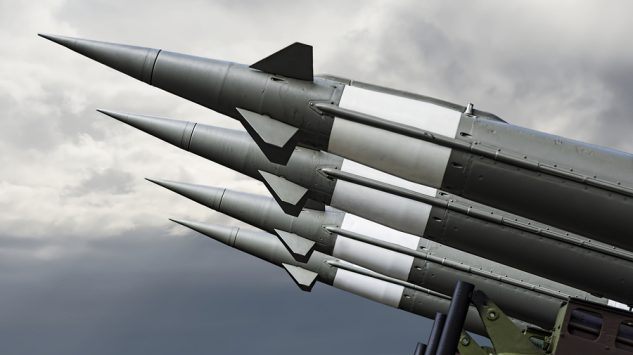Issue Briefs

Nuclear Threats Are Growing. How Should U.S. Missile Defenses Be Upgraded?
By Lauren B. Thompson
March 5th, 2020
The U.S. has a grand total of one program in its entire military arsenal capable of intercepting long-range nuclear warheads aimed at America. It is called the Ground-based Midcourse Defense, and within ten years it is likely to lose its effectiveness against an evolving North Korean threat. The Pentagon’s Missile Defense Agency has responded by proposing a “next-generation interceptor” capable of defeating pretty much anything that Pyongyang can come up with. Only problem: it could take ten years (or longer) to field a new interceptor capable of addressing all potential threats. The effectiveness of the existing system will begin eroding before then. The obvious solution is to make interim upgrades to interceptors in the current Ground-based Midcourse Defense and increase their numbers to fill the gap until something better is available. Boeing has a low-cost plan to do that. I have written a commentary for Forbes here.
| Loren B. Thompson is a Senior Adviser at GPI, Chief Operating Officer of the non-profit Lexington Institute and Chief Executive Officer of Source Associates, a for-profit consultancy. Prior to holding his present positions, he was Deputy Director of the Security Studies Program at Georgetown University and taught graduate-level courses in strategy, technology and media affairs at Georgetown. He has also taught at Harvard University’s Kennedy School of Government. Mr. Thompson holds doctoral and masters degrees in government from Georgetown University and a bachelor of science degree in political science from Northeastern University. |